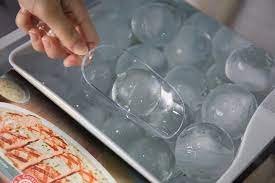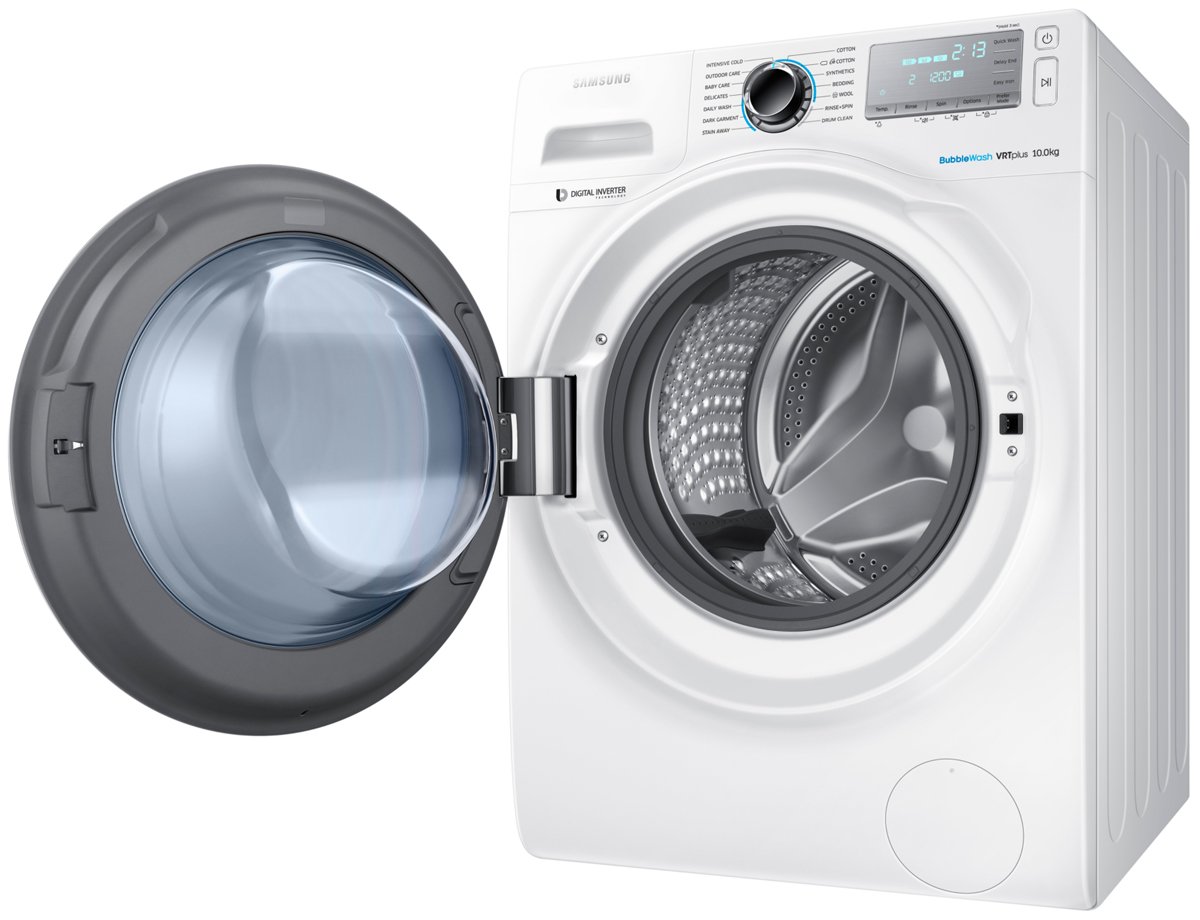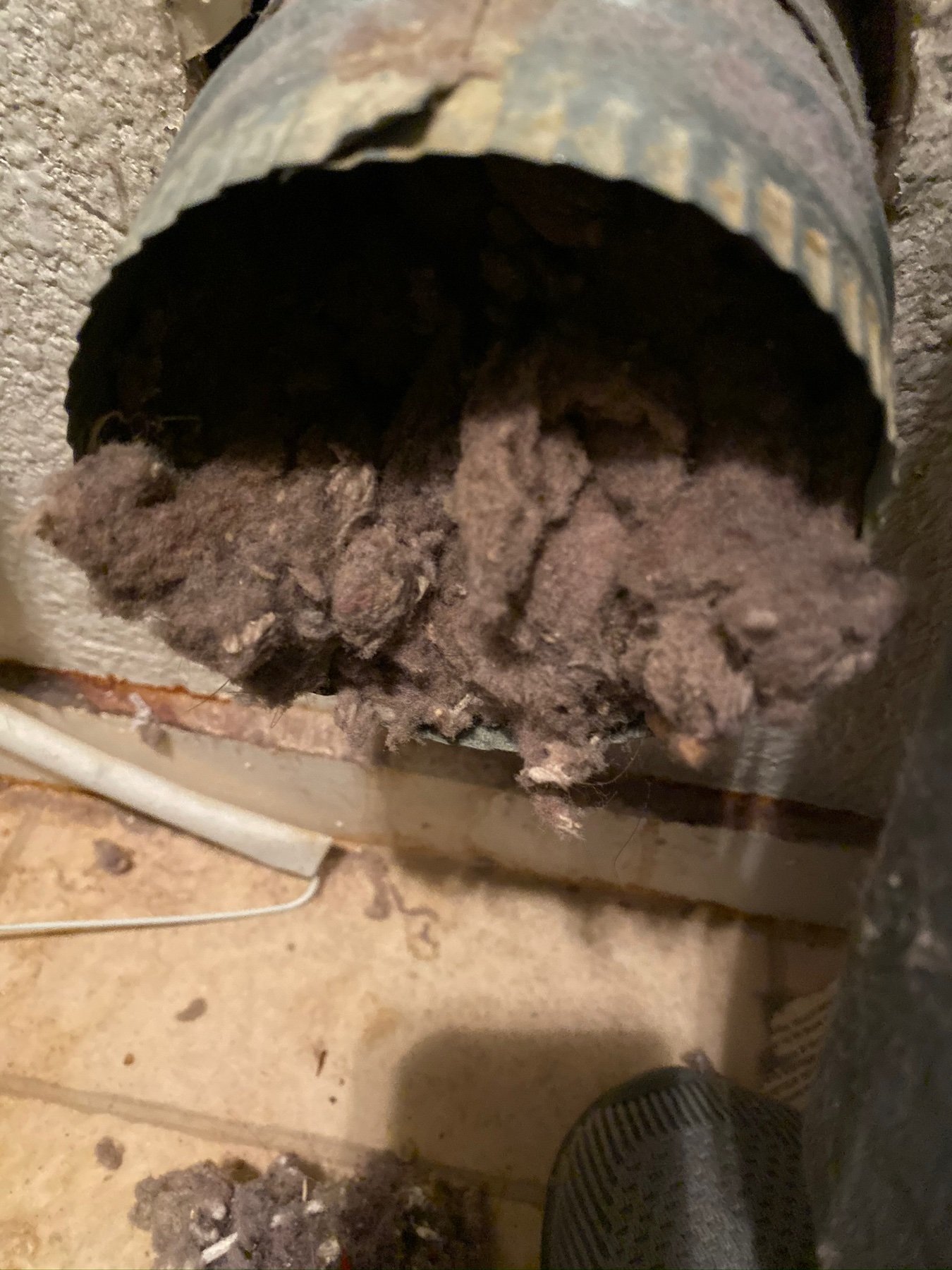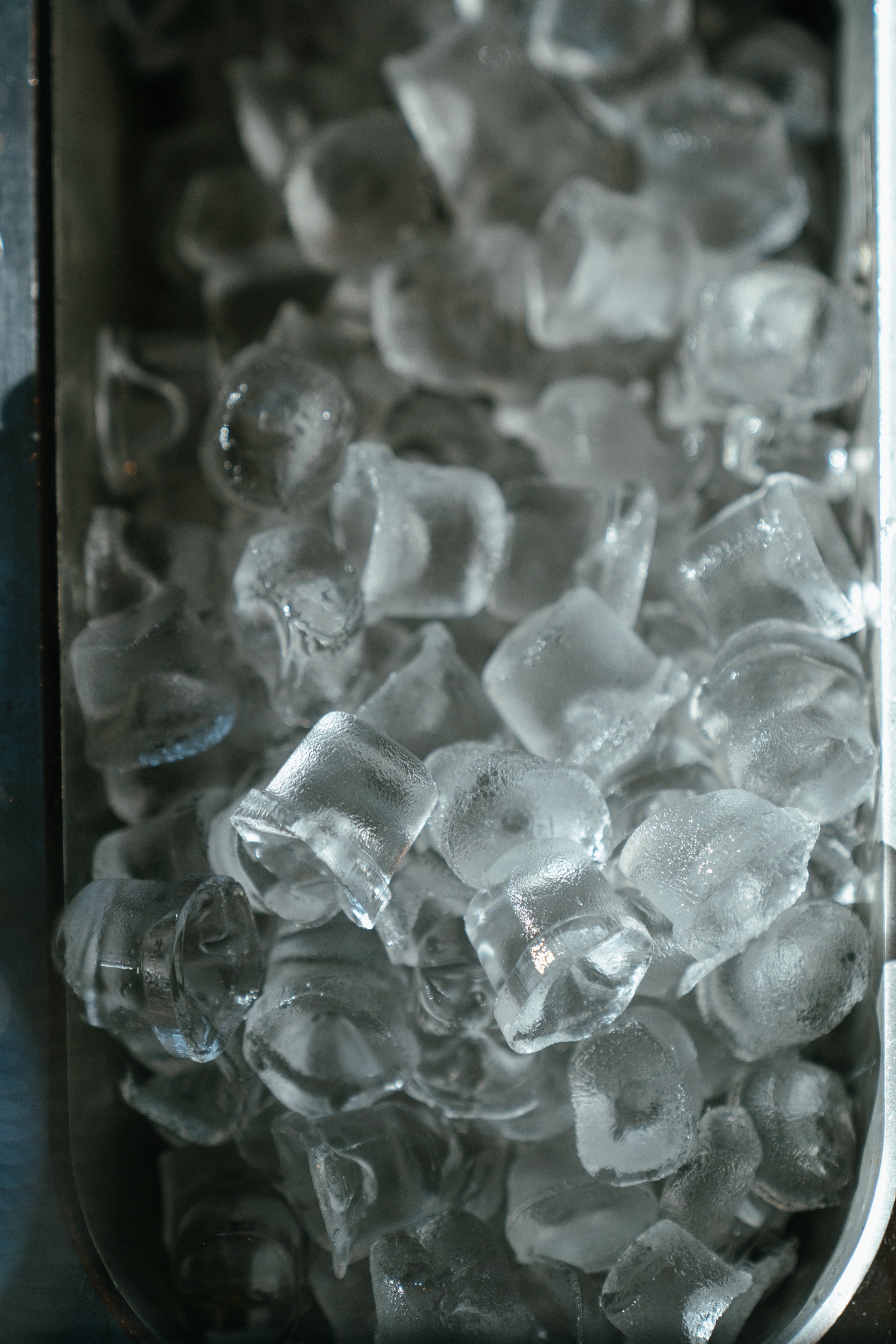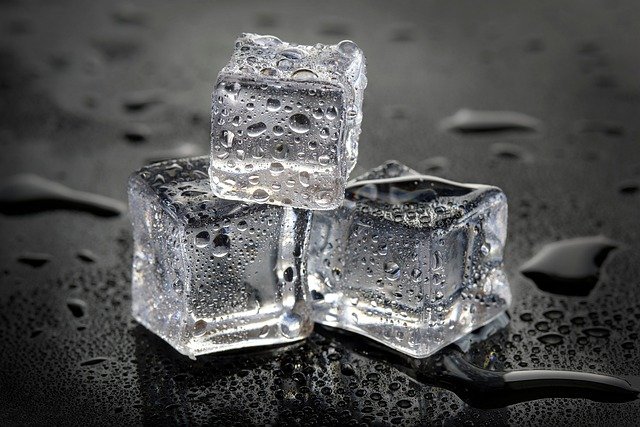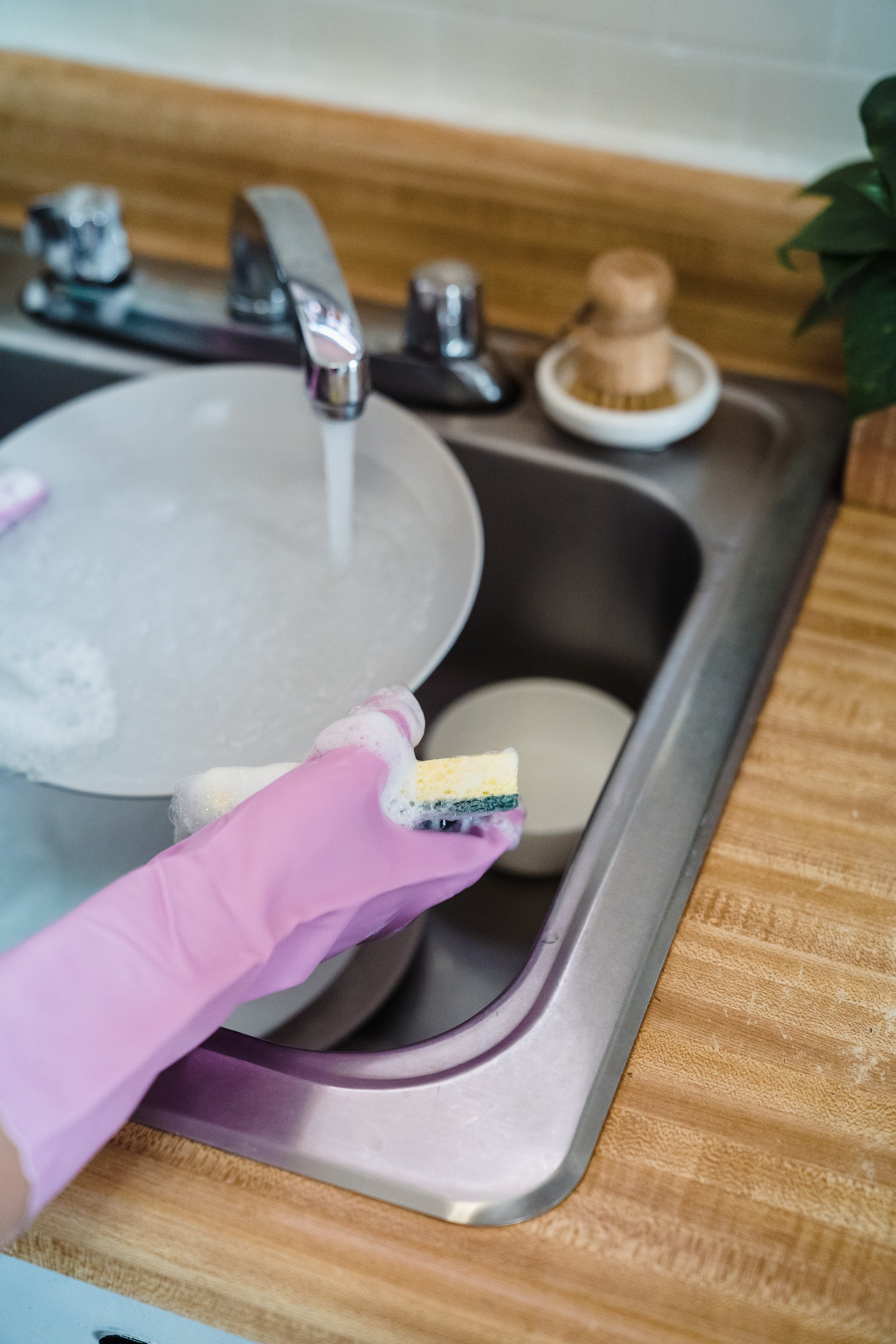How You Can Avoid Costly Repairs
If you're like most homeowners, you rely heavily on your major appliances to keep your household running smoothly. From refrigerators and washing machines to stoves and dryers, these machines make our lives easier and more comfortable. But did you know that regular maintenance is necessary to keep them working properly? In this article, we'll explore why it's important to have your major appliances maintained on a regular basis. So sit back, relax, and let's get started!
Let’s take a look at what it means to keep your appliances ‘maintained,’ shall we?
Maintain -
To keep in an existing state (as of repair, efficiency, or validity) : preserve from failure or decline.
So, it’s a matter of regular repair to keep your appliances from decline or failure. That makes sense.
What problems can regular maintenance prevent?
When we send out our technicians to your home for a top-down maintenance check, they’re going to look at all of your appliances. Your refrigerator, oven, range, ice makers, dishwasher, washer and dryer, everything gets checked. Why? Because everything has small ways that they can go wrong, which, if caught, can prevent an exorbitant repair bill for you.
Refrigerator Maintenance
When it comes to the refrigerator, many things need to be cleaned on a regular basis. Your condenser coils and fan need to be cleaned regularly so your fridge doesn’t have to work as hard to keep cool. You’ve also got the water filter, which should be checked every six months, and some refrigerators also have an air filter that needs to be changed yearly. We also check the defrost drains, as those also need to be cleaned yearly. The one thing that needs to be checked regularly, but not necessarily messed with, is your door seals. Making sure the seals are still shutting properly means that your fridge will close and cool properly, rather than trying to cool your entire kitchen. (Because that is an electric bill none of us need.)
Oven Maintenance
For your oven, one of the first things that needs to be checked is the temperature. It sounds odd, but imagine if you try to bake a cake at 350*, but your oven is actually at 400* and only reading at 350? That can and does happen. So we check any time we’re called in to ensure that everything is working as it should. We also look at the cooling and convection fans to make sure they’re spinning easily to cool or circulate the air within your oven. From there, we’ll make sure that the door seals are still good and that the elements aren’t overheating, either due to a fault or summer heat. Finally, if you have a gas oven, we’ll check the igniters. They need to be cleaned regularly to ensure you don’t have a buildup in the line or the oven. As we mentioned in a previous post, it’s best to leave this to a professional so that you don’t accidentally break something and cause a gas leak.
Stove/Ranges/Cooktops Maintenance
Your stove or cooktop is checked at the same time, especially if you have a gas version. We want to make sure that the pilot lights are not having issues and that the burner ports and igniters are clean.
Ice Maker Maintenance
We’ve mentioned just recently that your ice maker needs regular maintenance, and that includes both free-standing ones and those that are built into your refrigerator. This means that when you ask for a maintenance check, we’ll be looking at them, no matter what type you have.
For both types, we’ll check the water flow to make sure it’s working as it should and giving you a full ice tray. If you have an in-refrigerator ice maker, we’ll want to check to ensure that there aren’t any Tephlon chips, as that has been noted as a serious health hazard. For a freestanding ice maker, we’ll want to go for a thorough cleaning at least once a year, if not every six months. From there, we’ll also check in on the pressure switch and be sure to clean the condenser coils as well. Those are just as important to your ice maker being able to breathe as they are to your refrigerator.
Dishwasher Maintenance
Your dishwasher has one of the longest lists of things that need to be checked, because there are so many parts packed into a small area. We’ll look at your seals and clean them as well, if needed, as well as the filters for your dishwasher. We want to look at the spray arms to ensure they’re not clogged and at the heating element to ensure that it’s still heating and not damaged. The draining process of your dishwasher will also be checked so that you don’t get an unfortunate overflow situation. We’ll also make sure to run a dishwasher cleaner once a month if you schedule that often.
Washer Maintenance
Finally moving out of the kitchen, let’s head over to your laundry room. Here, we’re going to take a look at your washer first. We’ll make sure that it fills properly on both hot and cold settings, as well as ensuring that it drains properly. We’ll want to take a look at your hoses to ensure there isn’t any damage or kinks in the line that can lead to issues. We’ll also make sure to clean the door boot and coin trap if your unit has them. We’ll also check on the springs or traps and run a cleaner on a monthly basis.
Dryer Maintenance
Our last stop, at least for this tour, is your dryer. Here, we’re not cleaning as much as we’re double-checking everything. We’ll check your venting to make sure that it isn’t obstructed by lint, debris, or clothing that the dryer goblins have stolen. We’ll also make sure that the vent chute and filter are clean and ensure that air is flowing freely through the machine. We will ensure that your dryer is rotating smoothly and without any unusual sounds.
Disclaimer: Although we’ve laid things out in this order, it doesn’t mean that our technicians will go in this order, as it varies on a number of factors.
With that, which appliance do you think should be checked over most often? Let us know over on our Facebook page!
If you want to get started on having your appliances regularly maintained, you can reach out to us via our contact page or by giving us a call at ((214) 599-0055).




